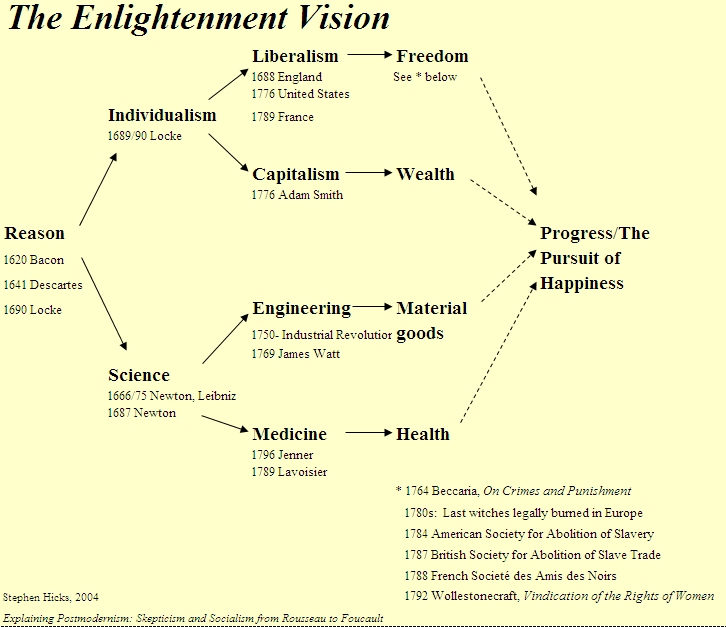Mind-body dualism or physicalism? [Introduction to Philosophy]
In my Intro. course, we read Descartes’ Meditations, in part using it to introduce the complicated and important set of issues known as the mind-body problem. The most ancient account of the mind-body relation is dualism, the view that the mind and the body are two different types of stuff that are temporarily joined. The […]
Mind-body dualism or physicalism? [Introduction to Philosophy] Read More »
